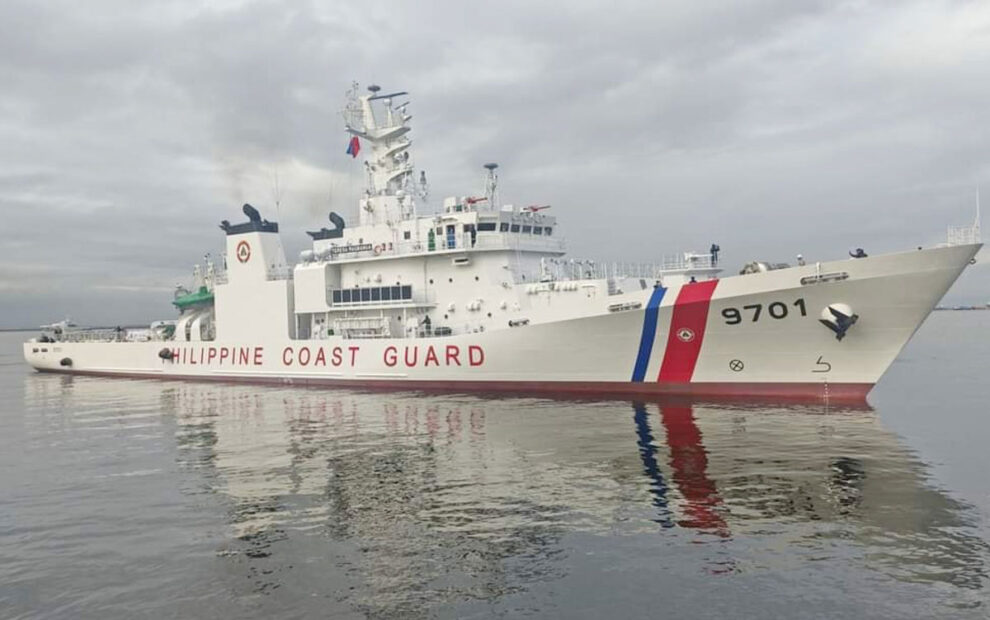MANILA — A Philippine Coast Guard official supports the idea of conducting joint patrols with their US counterpart following China’s latest aggression in the West Philippine Sea.
According to Commodore Jay Tristan Tarriela, the Chinese Coast Guard’s provocative conduct on Philippine waters has already become a regular occurrence.
“This is just a usual thing that we experience. As I said, the only difference [is] that we documented it and we are now showing it to the public,” he told ANC’s “Rundown”.
He added: “I would really appreciate if the United States government can be able to deploy US Coast Guard and carry out joint patrols and also capability development for the Philippine Coast Guard as well.”
A Chinese coast guard ship cut off a Philippine patrol vessel carrying journalists in Ayungin Shoal last week, causing a near-collision.
An AFP report said the BRP Malapascua and BRP Malabrigo had broadcast their intention to sail into Ayungin Shoal (Second Thomas Shoal) to conduct a “site survey” and asked the Chinese vessels to “stay clear from our passage”.
But the Chinese coast guard responded over the radio that the Philippine boats were illegally sailing in China’s territorial waters and told them to leave.
Tarriela earlier countered Beijing’s claim that a Philippine boat’s “provocative action” led to its near-collision with a Chinese coast guard ship in the West Philippine Sea.
“The routine, seven-day maritime patrol carried out by the [PCG] in the WPS from April 18-24 was non-provocative and did not undermine the interests of other states,” he wrote on Twitter.
“The PCG is under no obligation to request permission from other nations while patrolling the waters near Ayungin Shoal, as this area falls within the Philippines’ Exclusive Economic Zone, in accordance with the 1982 United Nations Convention on the Law of the Sea (UNCLOS),” he added.
Source: abs
















